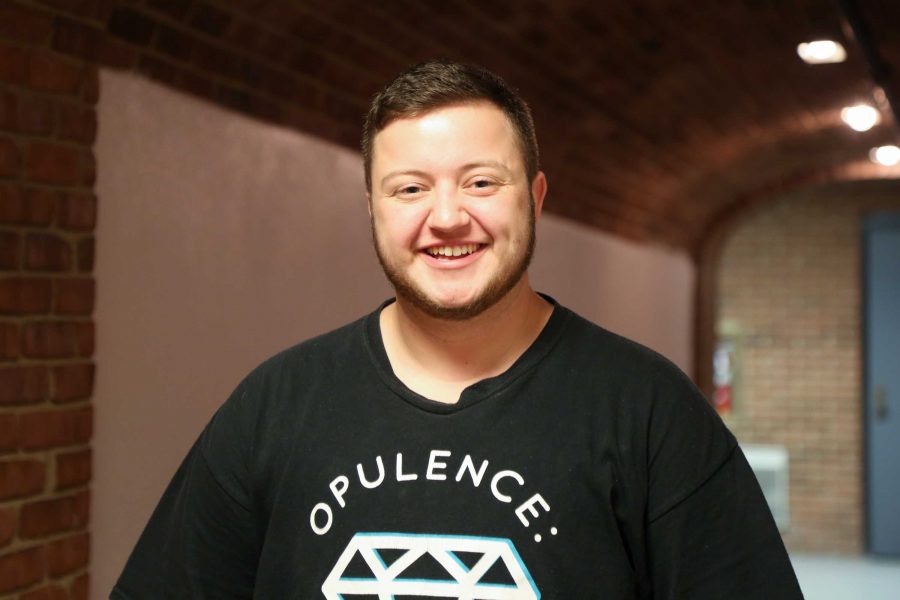I had the honor to be among this year’s Top 10 Outstanding Seniors. I have two internships and a job, and this is my second year as president of Lambda. I sit on committees, participate in panels and do my best to educate my peers about LGBTQ identities. This is all while managing 19 credit hours.
Last week, I encountered the familiar barrage of articles addressing problems in the Outstanding Senior structure. The voting process this year was reconfigured somewhat nonsensically, which was frustrating. There was an article addressing the socioeconomic limits of the selection and nomination process. I read a few articles and Facebook statuses critiquing the word “outstanding,” and I want to be clear that these statements, for the most part, hit the nail on the head.
At the same, I find myself growing angry with vague condemnations of Vanderbilt’s overworked culture. We scoff at laptops like mine, covered in organizations’ stickers. We theorize our fight against over-programming. We write and write and write about how being an RA and a VUceptor and a tour guide and a neuroscience major and an organizational president is harmful and overwhelming and should be avoided at all costs.
It makes sense. The PCC is overwhelmed with students, and just within my own circle of friends, mental health issues and obstacles run rampant. So why, then, does my blood pressure rise when I read about how we shouldn’t be this busy?
Well, maybe it’s because some people have to be.
I genuinely appreciate that my peers are critiquing social hierarchies, and I know that often, people whom I see overworking themselves are doing it to put themselves through school, to help their families, to make their families proud, to ensure they can pursue further education. The reality is that some folks (namely people of color, LGBTQ people, disabled people, people who are part of the lower class and more), just by merit of their identities, will not start on a level playing field with others. And in order to have any chance at being on a level playing field by the end of their undergraduate career, many people have to work much more and much harder. Having the choice not to overwork yourself is a privilege.
Now, don’t get me wrong: the expected Vandy workload is heavy, and it is hurting people who are trying to fulfill it. But a general, “We are overworked, and we need to stop doing so much!” does nothing to address the systemic inequities that fuel our habit of working ourselves to exhaustion.
The answer isn’t more self care; it’s a genuine, critical look at why we do what we do. Until we are prepared to take that look, our stress problem won’t make any progress. I’m not overwhelmingly busy because I’m too ambitious or even because I want to be as involved as possible. I’m busy because I have to be.

